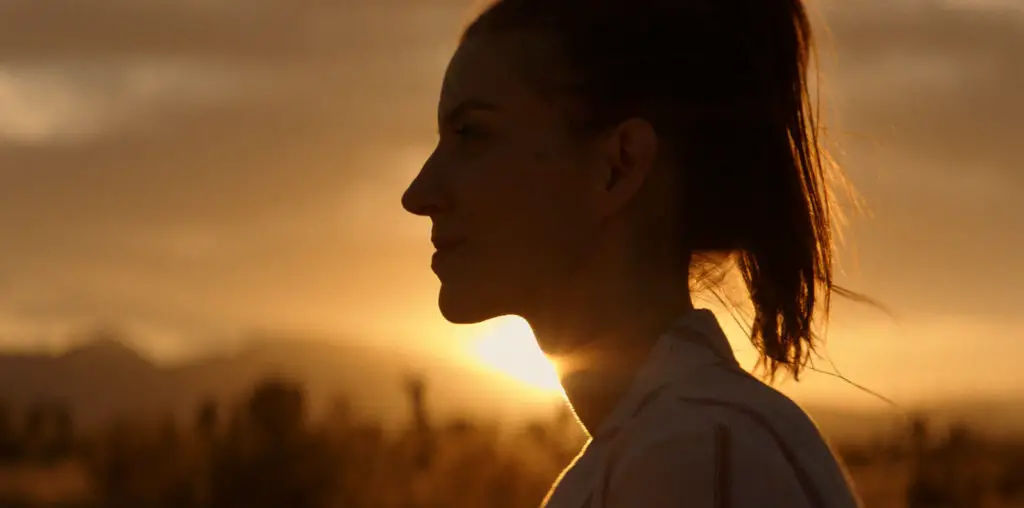
Films about children dying have a way of making audiences stay away in droves, but Italian actor-director Nanni Moretti doesn’t play hard for sentimental catharsis and neither does he belittle the tragedy. Instead he’s made a film that’s impossible to dislike, a thoughtful and haunting study of the ways a family copes with the unthinkable.
Moretti has been dubbed the Italian Woody Allen, which is a crude way of differentiating him from Italy’s other comedian-director-star, hyperactive clown Roberto Benigni. Like mid-period Woody, Moretti’s frequent film persona is the urbane and witty intellectual whose neurotic worrying hides deeper feelings. In his last two films (Caro Diaro and Aprile) he’s basically played himself, establishing a neat line in absurdist self-mockery and thoughtful observation, looking ridiculous on a moped while obsessing about “good-bad” Hollywood movies and musing on life and politics.
In “The Son’s Room,” Moretti dramatically extends his persona to play Giovanni, a psychiatrist living and working in a small town with his wife and two teenage kids. He knows his patients intimately, but feels distant from his son Andrea. One Sunday morning he wants to spend time with the boy but a patient calls him out. That’s the morning that Andrea goes diving and is drowned.
After the initial wave of shock and grief, the family tries to get on with the business of living, but the loss has affected them differently and communication breaks down. Giovanni’s wife is frustrated by his inability to express himself and becomes determined to contact a girl whom Andrea had briefly loved on holiday. Giovanni’s pain is buried deeper, and he tries to unlock it in a series of scenes that hold immense, quiet power. He asks questions at a diving equipment store, visits a fairground and goes to a record store to buy his son a gift – all small moments that in their refusal to indulge in the expected emotional fireworks speak volumes about his internal sadness.
The use of music, from and old Italian pop song right through to a forgotten Brian Eno classic, is also perfectly judged. Moretti’s actual direction is always simple, perhaps plain, but this no-frills approach allows him to gently craft a story full of poignant episodes, building toward a melancholy but genuinely uplifting conclusion.
